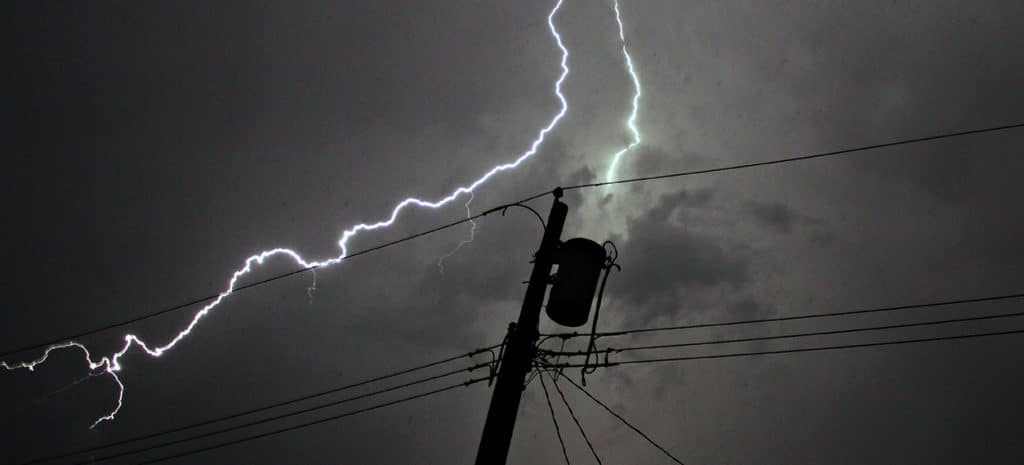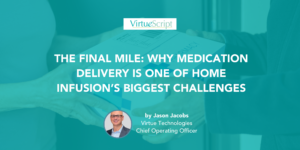I have visited many practices and Infusion Centers that have gone to great lengths to protect their facilities from would be intruders – installing special locks, key fobs, and various alarm and surveillance equipment. While it is important to physically secure items in your facilities, theft of property is not what should keep most of you up at night. In any single day, many of you carry somewhere between $50,000 and $500,000 of medications in your infusion medication inventories. The biggest likely threat to this expensive inventory is not theft, but destruction caused by nature or negligence.
You might find it interesting to know that both refrigerated and non-refrigerated medications have specified storage temperature ranges set by the manufacturer. While most of these drugs have allowances for temporary excursions in temperature above and below the storage range, it is in your best interest to maintain all your medications at the manufacturer suggested ranges.
I was personally responsible for maintaining a running daily inventory worth about $1-2 million in eight locations across Texas. Due to the extremely high temperatures we experience every summer and the somewhat unreliable air conditioning provided by our landlords over the years, I worried frequently about our temperature controlled medications across the state. When we would lose grid power or a facility AC unit would fail, many of our facilities could reach the 90F+ mark overnight. To alleviate my worry, I had a sophisticated setup of temperature monitoring equipment at each facility that I relied on to notify multiple people in case of a temperature excursion. We had both temperature alarms for our refrigerators and ambient air sensors for room temperature monitoring.
Unfortunately, the system was not foolproof, as it relied on the physical network of the facility and internet access – both required the backup power to function properly. In Texas, summer night storms are frequent and on more than one occasion, we lost power and simultaneously lost network and backup equipment due to lightning strikes. We were very lucky on several occasions to have a vigilant early morning employee on site to notify us of failed equipment and rising temperatures before things got out of hand.
We wrote in a previous post about the importance of selecting a quality refrigerator to protect your most sensitive temperature controlled medications. On the high-end models, the improved insulation in these units can buy you many additional hours of temperature stability in the event of equipment failure or power loss (if the door remains closed of course). However, as mentioned before, the refrigerator is not your only concern as room temperature medications also have temperature concerns of being too hot or cold.
The key to this problem is being aware of the situation quickly and having time to take the appropriate action to restore the medications to the right temperature controlled environment. In our office, that sometimes meant bringing in coolers and ice to buy time until the power was restored or the new refrigerator was delivered. It also sometimes meant we needed to relocate the medications to another facility temporarily.
Regardless of your refrigeration solution, monitoring and notification are the solutions. As mentioned previously, temperature and power monitoring systems that must rely on a local network and local power are likely to fail you when those things do. Thanks to advances in technology, we now have robust solutions that are easy to setup and manage, and that do not rely on your local internet access or even your local power grid!
In my next blog post, I will review one of these systems we have been working with over the last 60 days. In the meantime, look a few of these solutions if you are interested in learning more about how to monitor and protect your expensive medication inventory.




